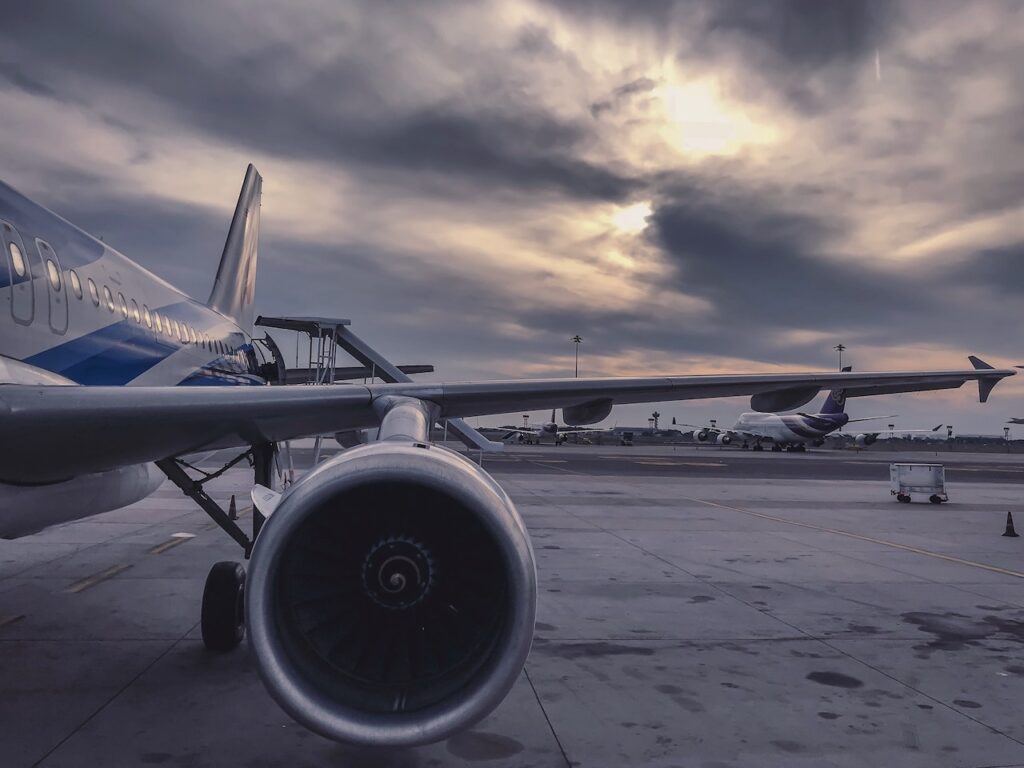In the world of aviation, fuel efficiency plays a crucial role in the success of airlines and aircraft manufacturers. As the demand for air travel continues to rise, optimizing fuel consumption has become a top priority. This internet article aims to provide Malaysians with insights into fuel efficiency optimization, consulting services available for airlines and aircraft manufacturers, and the advantages of implementing such measures.
What is Fuel Efficiency Optimization?
Fuel efficiency optimization refers to the process of implementing strategies and technologies to reduce fuel consumption and emissions while maintaining the performance and safety of aircraft. This includes various aspects such as aerodynamics, engine efficiency, weight reduction, operational procedures, and route planning.
How Can Fuel Efficiency be Improved?
- Aerodynamics: Airlines and aircraft manufacturers can invest in advanced aerodynamic designs to reduce drag and improve aircraft performance. The use of winglets, for example, helps to minimize the vortex created at the wingtips, resulting in lower fuel consumption.
- Engine Efficiency: Modern engines are designed to be more fuel-efficient than their predecessors. Consulting services can assist airlines and aircraft manufacturers in selecting the most suitable engines for their fleets, considering factors such as thrust, fuel burn, and maintenance requirements.
- Weight Reduction: Every extra kilogram carried on an aircraft requires additional fuel consumption. By utilizing lightweight materials and optimizing the aircraft’s structure, weight can be reduced without compromising safety. Fuel efficiency consultants can provide valuable recommendations in this area.
- Operational Procedures: Efficient operational practices can significantly impact fuel consumption. Consulting services can help airlines develop fuel-efficient procedures, such as optimized climb and descent profiles, reduced taxiing time, and efficient ground operations.

The Advantages of Fuel Efficiency Optimization
- Cost Savings: Fuel is one of the largest operational expenses for airlines. By optimizing fuel efficiency, airlines can significantly reduce their fuel consumption and achieve substantial cost savings, positively impacting their profitability.
- Environmental Benefits: Improving fuel efficiency leads to a reduction in greenhouse gas emissions, contributing to the global efforts to combat climate change. Airlines and aircraft manufacturers that prioritize fuel efficiency are more environmentally responsible and can improve their public image.
- Regulatory Compliance: Governments worldwide are implementing stricter regulations regarding emissions and fuel efficiency. By proactively optimizing fuel efficiency, airlines and aircraft manufacturers can ensure compliance with these regulations and avoid potential penalties or restrictions.
Conclusion
Fuel efficiency optimization is a critical aspect of the aviation industry, benefiting both airlines and aircraft manufacturers. Through the implementation of strategies such as aerodynamic improvements, engine efficiency enhancements, weight reduction, and efficient operational procedures, significant fuel savings can be achieved. Fuel efficiency consulting services offer valuable expertise and guidance in this area, helping organizations navigate the complexities of fuel optimization. The advantages of fuel efficiency optimization extend beyond cost savings, encompassing environmental benefits and regulatory compliance. By embracing fuel efficiency optimization, airlines and aircraft manufacturers in Malaysia can contribute to a more sustainable and efficient aviation sector.


